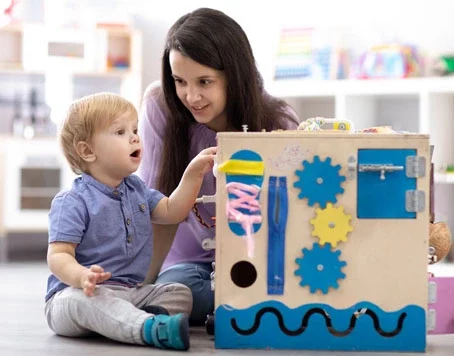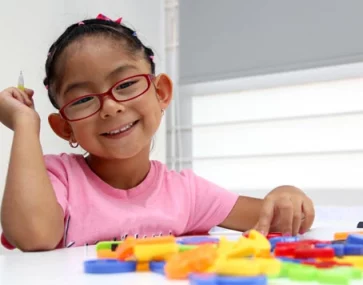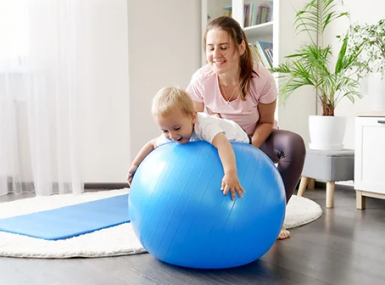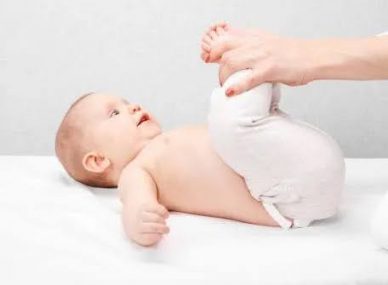What do parents want to see in their children during their early development? They want to see their children taking their first steps, reaching for a crayon, or kicking a ball for the very first time – these little yet huge moments are milestones in a child’s journey.
With every little move, the children develop their fine and gross motor skills, which are necessary for their independence, confidence and ability to explore the world.
For a few children, these skills develop naturally just like others. But, for a few kids, their skills do not develop as time passes by, they need a bit more guidance and support to flourish. And, this is where physical therapy works its magic. Physical therapy can be a gentle, encouraging way for these special kids to strengthen their bodies, master movements, and gain the confidence to live independently.
But Why Do A Few Kids Lack Fine And Gross Motor Skills?
Well, it occurs due to a variety of developmental, environmental, and sometimes neurological factors. Certain conditions like Cerebral Palsy, Down syndrome, or Autism Spectrum Disorder (ASD), and Developmental Coordination Disorder (DCD), muscle tone and strength issues, sensory processing disorder, anxiety, ADHD, behavioral issues, poor postural stability, premature birth, etc. can cause poor motor skills.
Why Do Fine Motor Skills And Gross Motor Skills Matter So Much?
Fine motor skills are those skills that build the coordination of small muscle groups, typically in the hands and fingers. Fine motor skills help us to perform precise movements. Children need these skills to do tasks like buttoning a shirt, writing, drawing, using scissors, picking up small objects, etc.
Fine motor skills are important because they build the ability to understand precise hand movements, manipulate different objects using fingers, hold small objects between the thumb and forefinger, etc.
On the other hand, gross motor skills involve the use of large muscle groups in a child’s body. These skills help perform movements that require strength, control, and agility. So, these skills are vital when doing activities such as playing sports, running, jumping, etc. It contributes to a child’s overall physical development.
Gross motor skills are important because they build the ability to move and coordinate legs for various activities, maintain equilibrium while performing activities, use the arms and upper body to throw and catch any objects.
How Physical Therapy Helps Develop Fine and Gross Motor Skills?
Pediatric physical therapy is a combination of exercises or activities that are targeted to improve the specific skills of a child. It clearly means that the therapists here use a customized therapy approach tailored to the unique needs of the children.
The therapists often combine pediatric physical therapy with occupational therapy to provide individualized interventions that target specific areas of need. That’s why they conduct a thorough analysis of the condition and difficulty level of the kid and after the findings, they devise the physical therapy plan, including parents and caregivers.
For fine motor skills
To improve fine motor skills, certified physical therapists may use exercises and activities that improve hand strength and precision. So, they may include squeezing stress balls or picking up small objects. There are play-based activities like using playdough, or picking up and placing puzzle pieces, threading beads, etc. For children who struggle with poor handwriting, therapists may use specialized techniques to improve their pencil grip and control. There are often sensory-based activities for children because they make these little kids aware of the uses of their hands and fingers.
For gross motor skills
For gross motor skills, therapists design activities that improve balance and coordination. That’s why children are encouraged to stand on one leg or navigate obstacle courses. The therapists here pick those exercises that target the development of core strength. There are activities like chasing and popping bubbles, jumping on one foot, sitting, balancing, or bouncing on a large therapy ball, etc. They also guide children to learn how to dress and self-care.
Bottom Line
Hope AMC is here to support children and parents with therapeutic care and utmost dedication.
Our certified therapists design a one-of-a-kind physical therapy plan for kids with specific exercises and activities that align with their specific needs.
Visit our official website or social media channels to discover how we have helped countless children with special needs.
For any queries, dial our number or book an initial consultation!






